
Unleashing youth power: The young entrepreneurs creating new economic opportunities in Tanzania
Meet three of the 9,995 entrepreneurs AKF has supported in East Africa to harness their entrepreneurial spirit
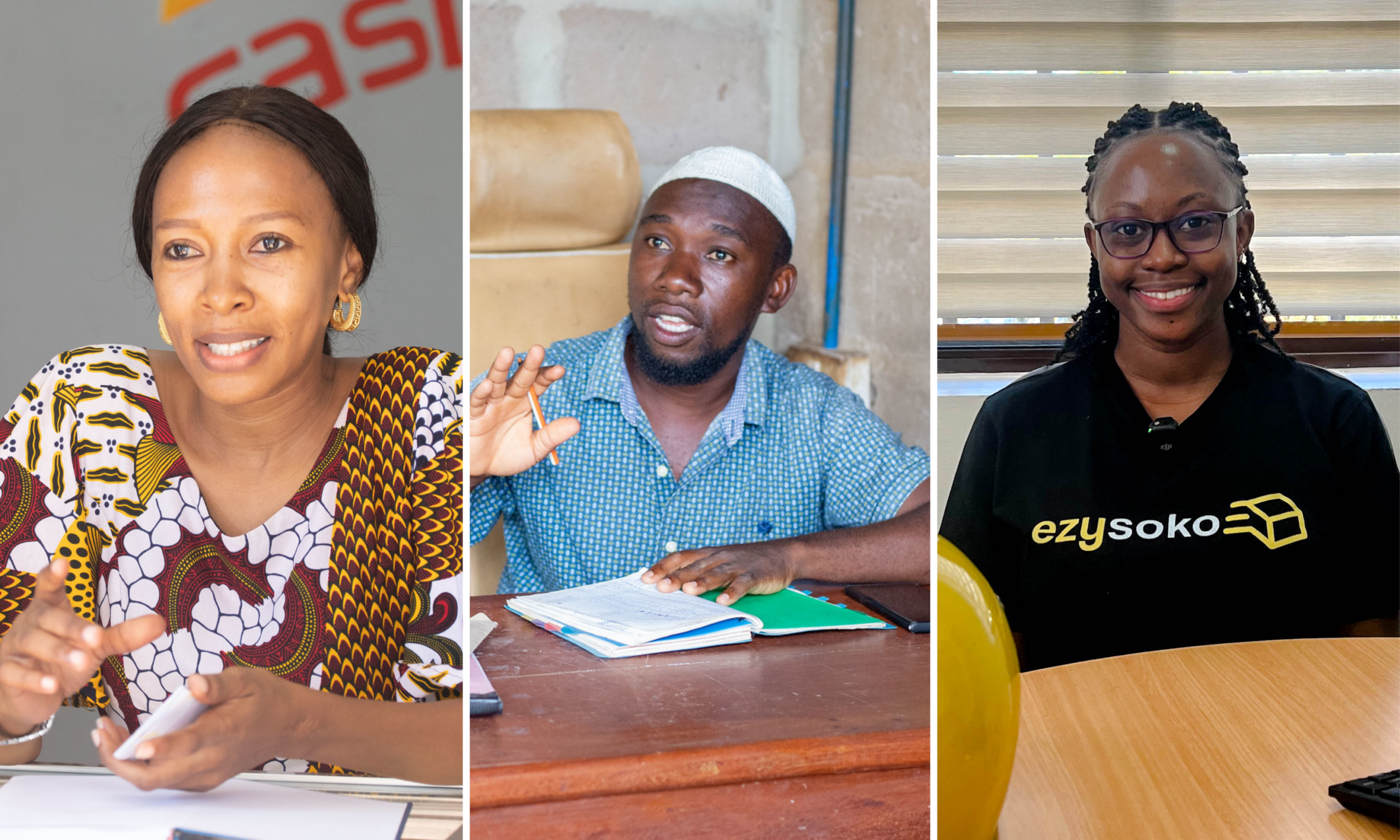
In Tanzania, the average age is just 17 years old. That is less than half of the average age in Europe – 44. Like most of sub-Saharan Africa, Tanzania has experienced rapid population growth over the last decade. It has grown by 37% and is expected to grow between two to three percent every year until 2050. This burgeoning youthful population represents a driving force for development in society, but also presents an enormous challenge. How to create jobs for Tanzania’s youth?
Across East Africa, fast-growing populations have led to increased competition for formal job opportunities, which are already limited. The informal economy provides a lifeline for millions; in Sub-Saharan Africa, around 85% of employment is informal and the majority of these workers are youth. For many young Tanzanians, establishing a small business and becoming self-employed offers the clearest path towards earning an income, and to contributing towards their country’s economic development. With more than 75% of Tanzanians under the age of 35, this youthful force for development has almost limitless potential.
To unlock this potential and to rebuild the region’s economies after COVID-19, over the last two years the Aga Khan Foundation (AKF) has provided entrepreneurial and business management skills training to 9,995 young people across Tanzania, Kenya, Mozambique, and Uganda. AKF has also offered grants to those with the most innovative ideas to further grow their businesses and create jobs for youth. This initiative was one element of the Aga Khan Development Network’s East Africa COVID-19 Response Programme, funded by the European Union.
In this article, read the stories of three young entrepreneurs in Tanzania.
Annta Kamali: Fishing for new opportunities
Of its 60 million residents, around 40 million Tanzanians live in rural areas. In these regions, almost everyone relies on agriculture to earn an income. In southern Tanzania’s Tandahimba district, crop and poultry farming is the norm, but Annta Kamali, a local young entrepreneur has identified a unique market.
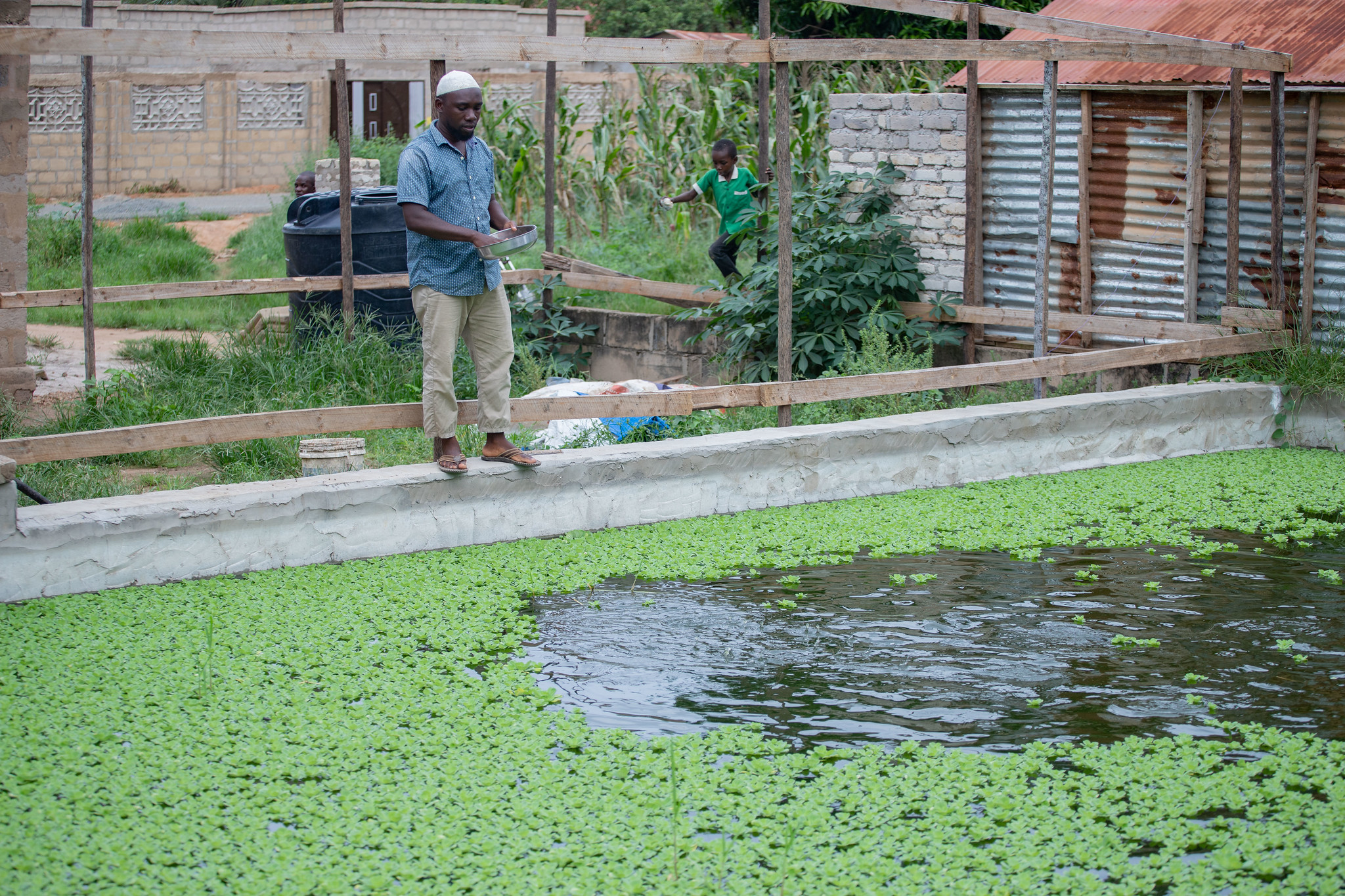
Originally a poultry farmer, Annta wanted to grow his skills to develop his chicken farming business. He heard about the entrepreneurship courses being offered by AKF and decided to enrol. There, he connected with farmers from other districts who introduced him to fish farming. He decided to build a 100 square metre freshwater pond on his plot of land, housing more than 3,000 fish. With the ocean over 100 kilometres away, Annta recognised that this new element to his business could be lucrative. “This is the mainland, so completely fresh fish are unavailable,” Annta explains, “when I announce that I have a harvest coming, I know that customers will come.”
Since the training, the revenue of Annta’s now poultry-come-fish farm has increased by 50%. He has five employees; all young people from the local area who are learning modern agriculture techniques whilst earning an income. “The training taught me that challenges can become opportunities”, Annta explains. As the only fish farmer in the district, he has not only tapped into a fruitful market, but is providing nutritious food to his community and equipping fellow youth with new farming skills.
“The training taught me that challenges can become opportunities.”
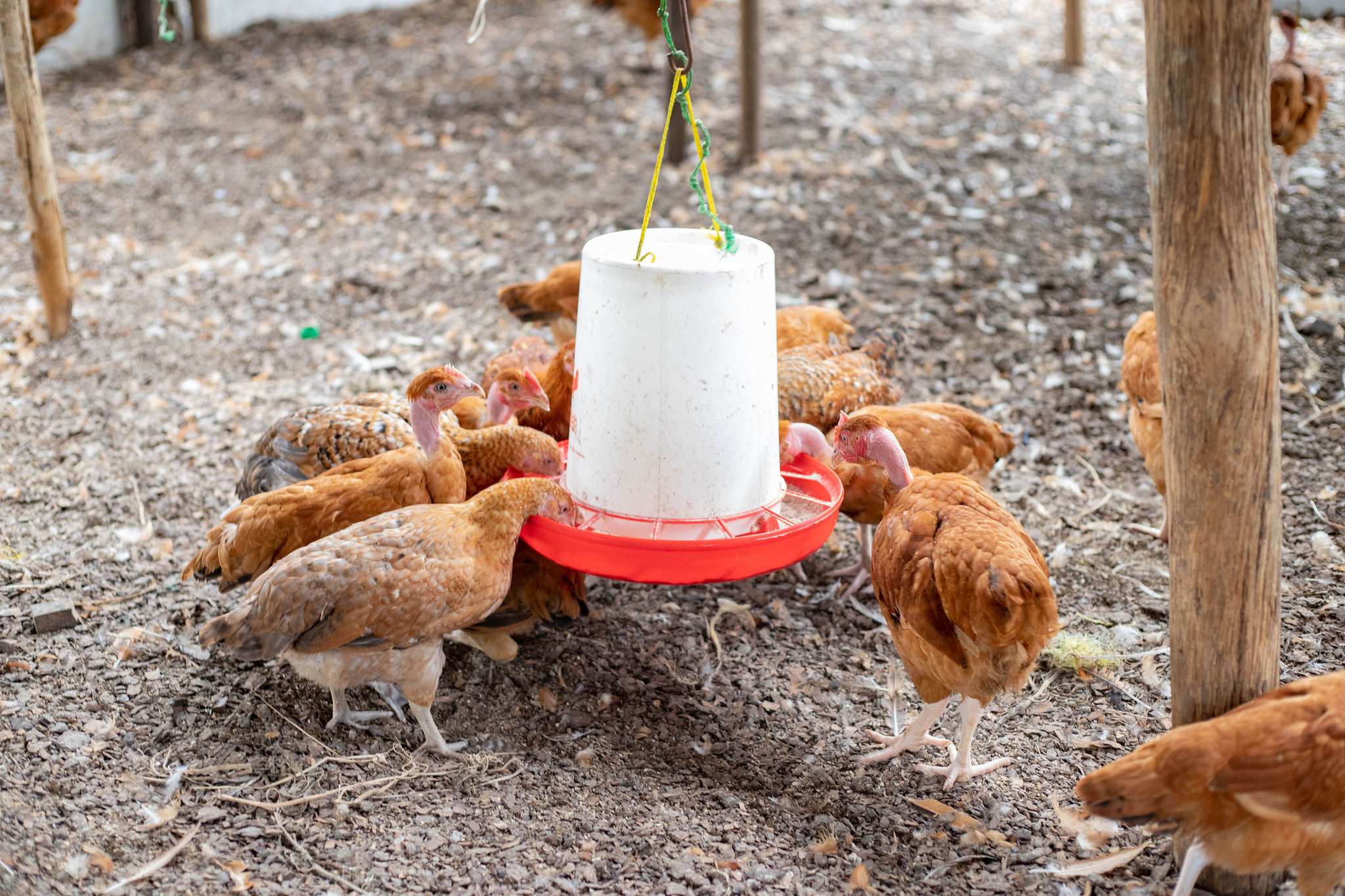
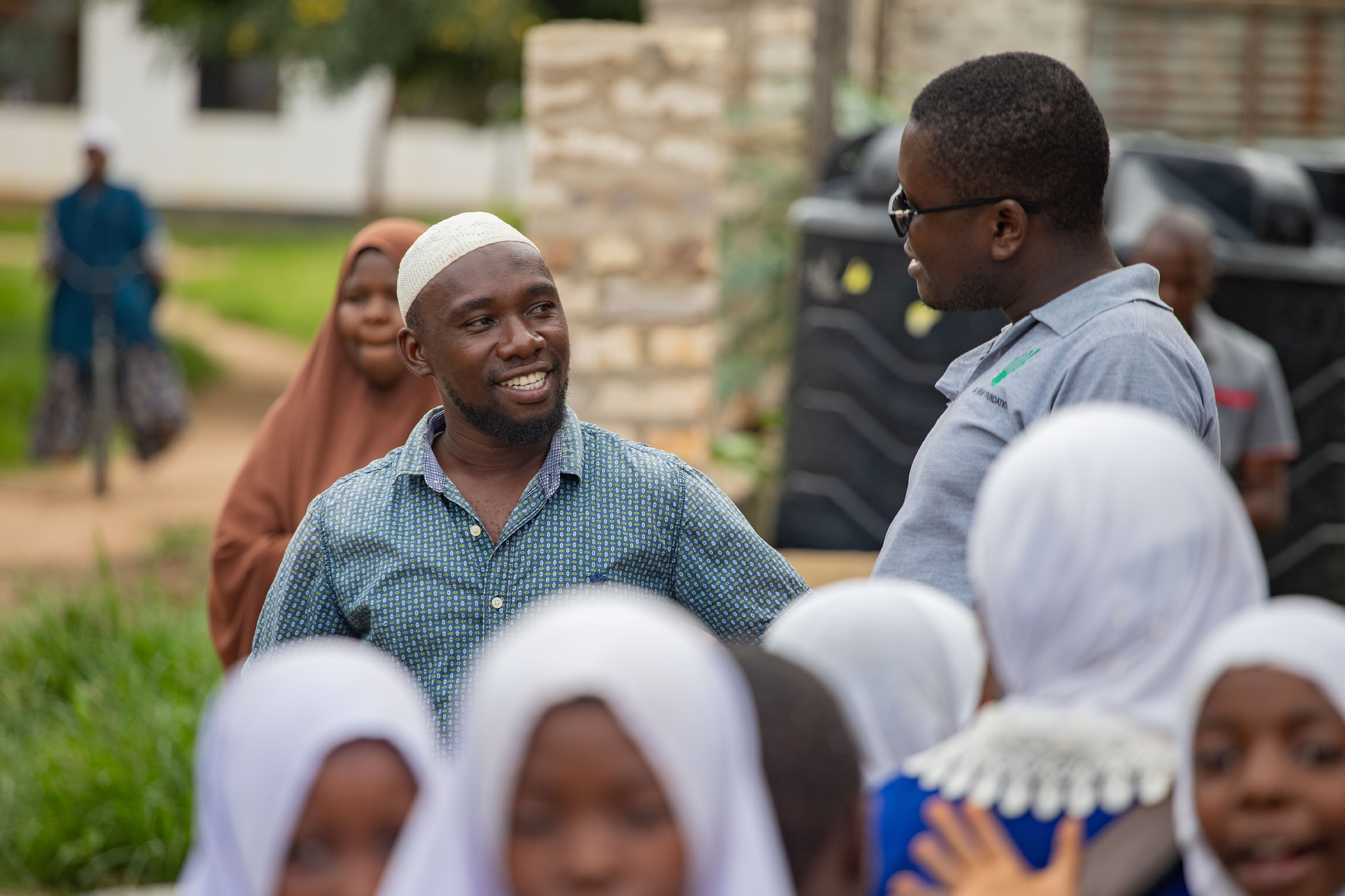
Fatina Masungwa: Cracking a global export market
Whilst Annta’s fish farm is one-of-a-kind in Tandahimba, cashew nut farms are far from unique. Mtwara – the region where Tandahimba is located – produces more than 50% of Tanzania’s cashew nuts, which are the country’s most exported crop. Tanzania ranks in the top 10 of cashew producers worldwide; for aspiring entrepreneurs, this represents a vast opportunity to earn an income and contribute to both domestic and international export markets.
Fatina Masungwa lives in Mtwara, where she runs her business, Tanza Cashewnuts. She buys fresh cashews from local smallholder farmers, which she sells as they are or processes into smooth cashew butter and sweet cashew brittle. Last year, she enrolled on AKF’s entrepreneurship training which helped her to streamline her business processes. Having previously run her business from home, she now operates Tanza Cashewnuts from her own shop in Mtwara. She has also established a business bank account to better manage her finances.
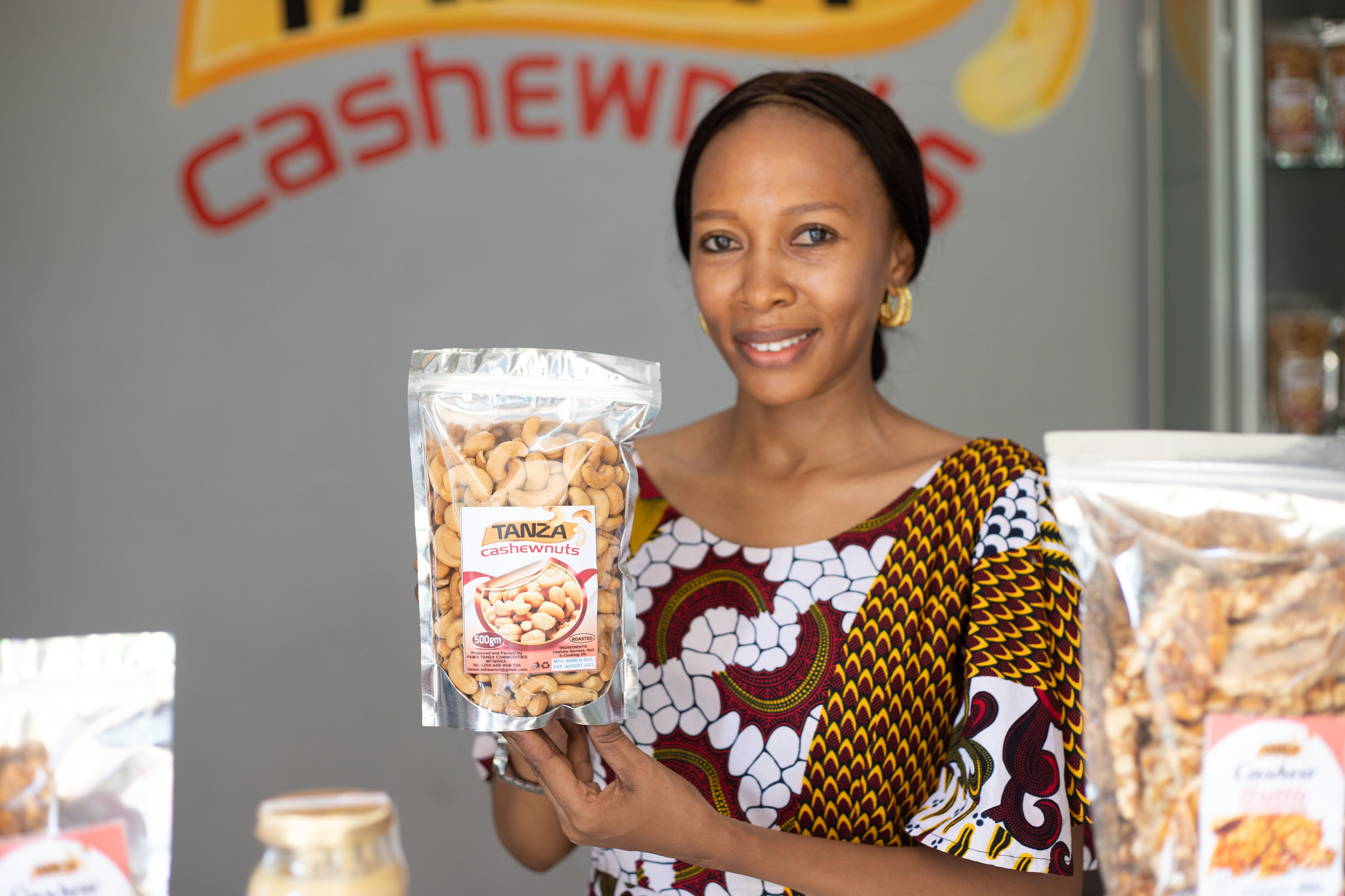
“I now sell my products in many different regions across Tanzania,” Fatina says, “but I want to start selling elsewhere in East Africa”. Fatina has been utilising social media to build her customer base and has even had interest from abroad. “Eventually I want to have my own factory so that I can sell my products all over the world,” she explains.
“Eventually I want to have my own factory so that I can sell my products all over the world.”
As Fatina’s business begins to grow, her commitment to supporting Mtwara’s cashew farmers remains steadfast. Tanzania’s cashews are famed for their premium quality, attributed to the favourable weather and good agricultural practices. Entrepreneurs like Fatina are ensuring this quality is recognised worldwide, whilst maintaining the livelihoods of local farmers and their communities.
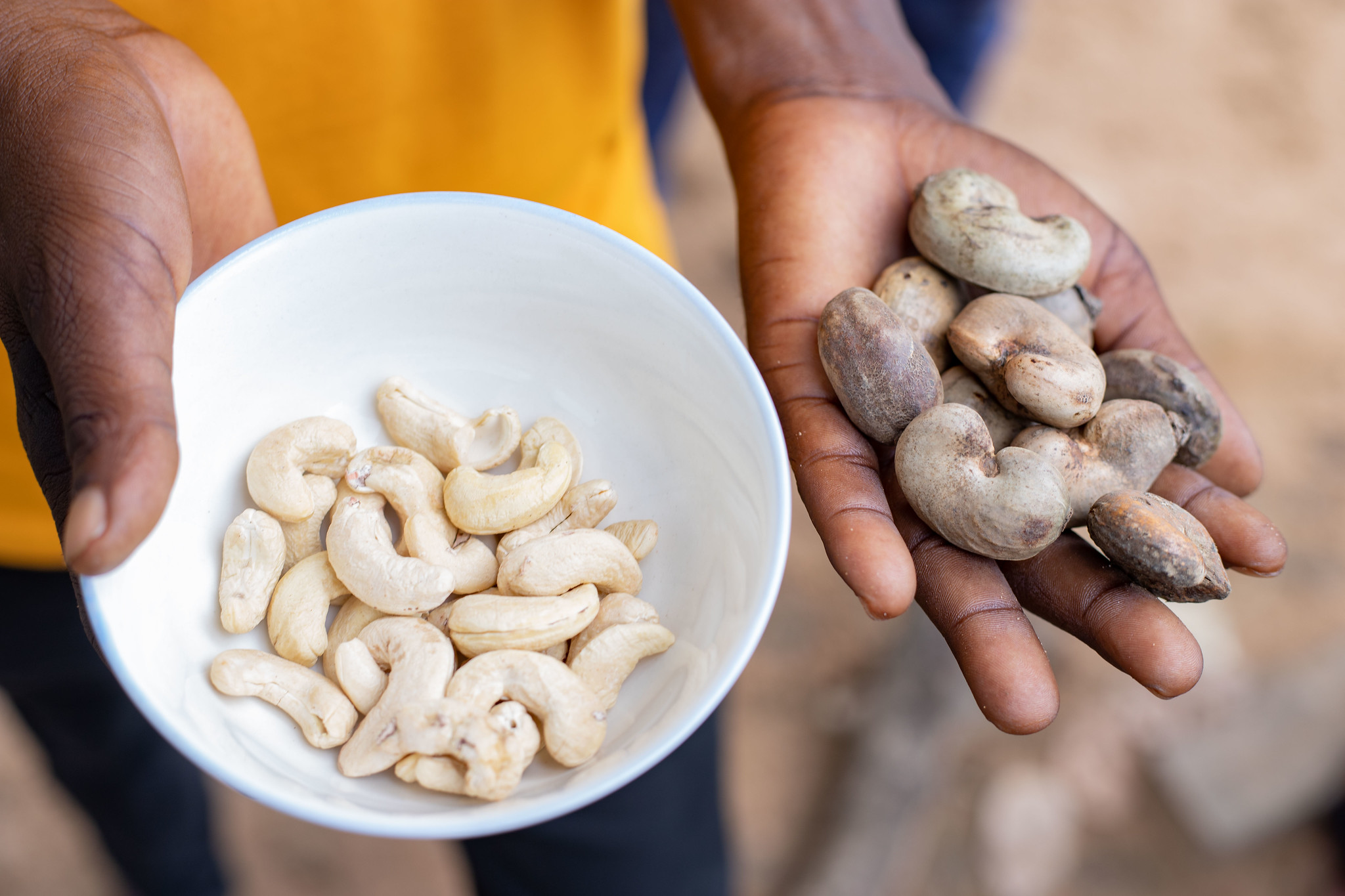
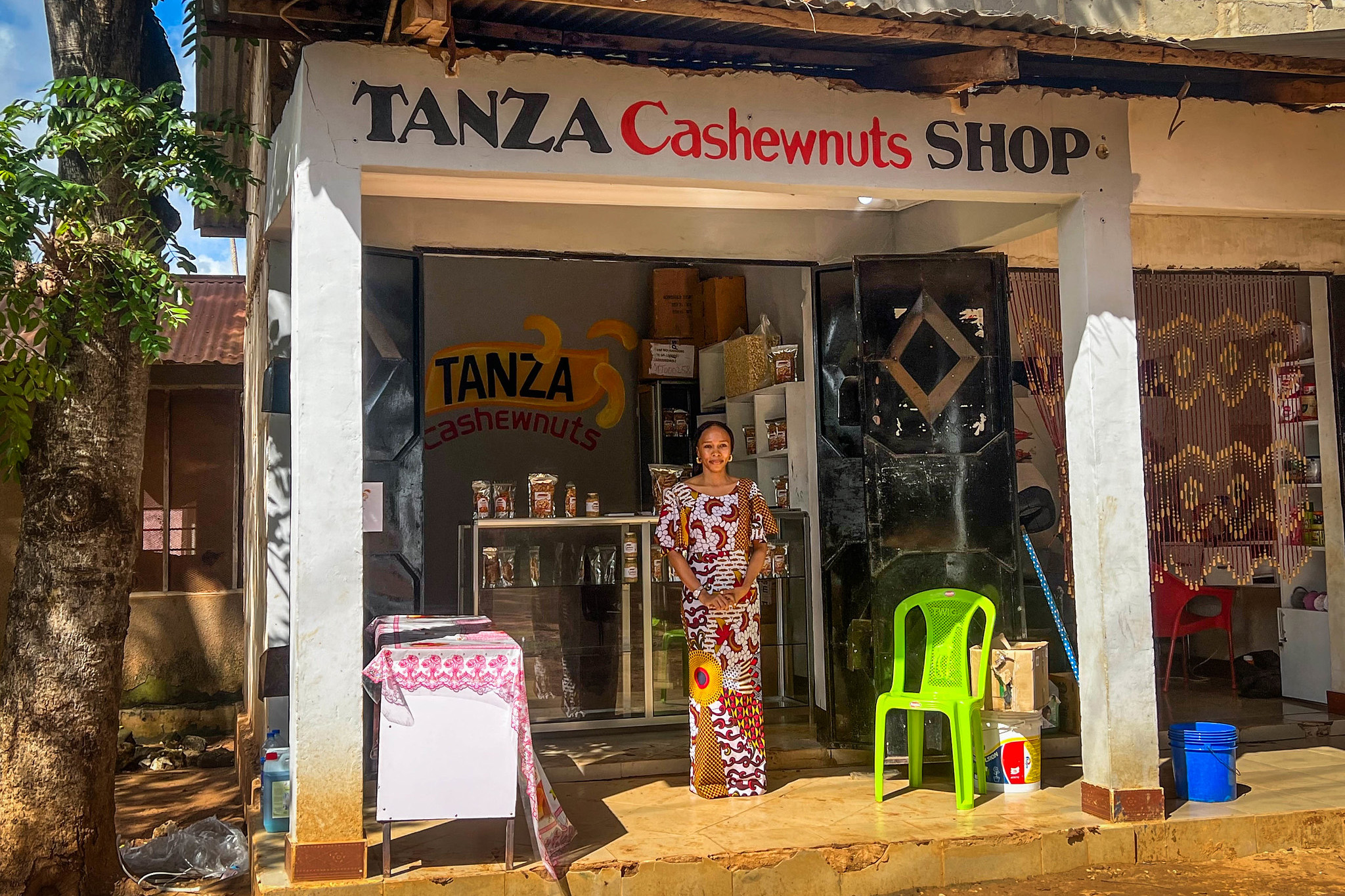
Gloria Manyaga: Delivering quality to Dar es Salaam’s doorsteps
Whilst most Tanzanians live in rural areas, the country’s former capital city, Dar es Salaam, is home to more than five million people – a number that is growing fast. The city has a booming youthful population driven by rural-urban migration, as young Tanzanians seek out new opportunities.
Gloria Manyaga was born in Arusha, a city in the north near Mount Kilimanjaro, but moved to Dar es Salaam as a young adult. Like Fatina, Gloria is passionate about quality Tanzanian products – she always enjoyed online shopping but noticed that a lot of products were being imported from abroad. In 2022 she co-founded her business, Ezy Soko Ltd, to create a platform where local businesses could sell quality Tanzanian goods and increase their customer base. Ezy Soko’s user-friendly app enables customers to buy and order products, and business owners to sell and deliver products across the city.
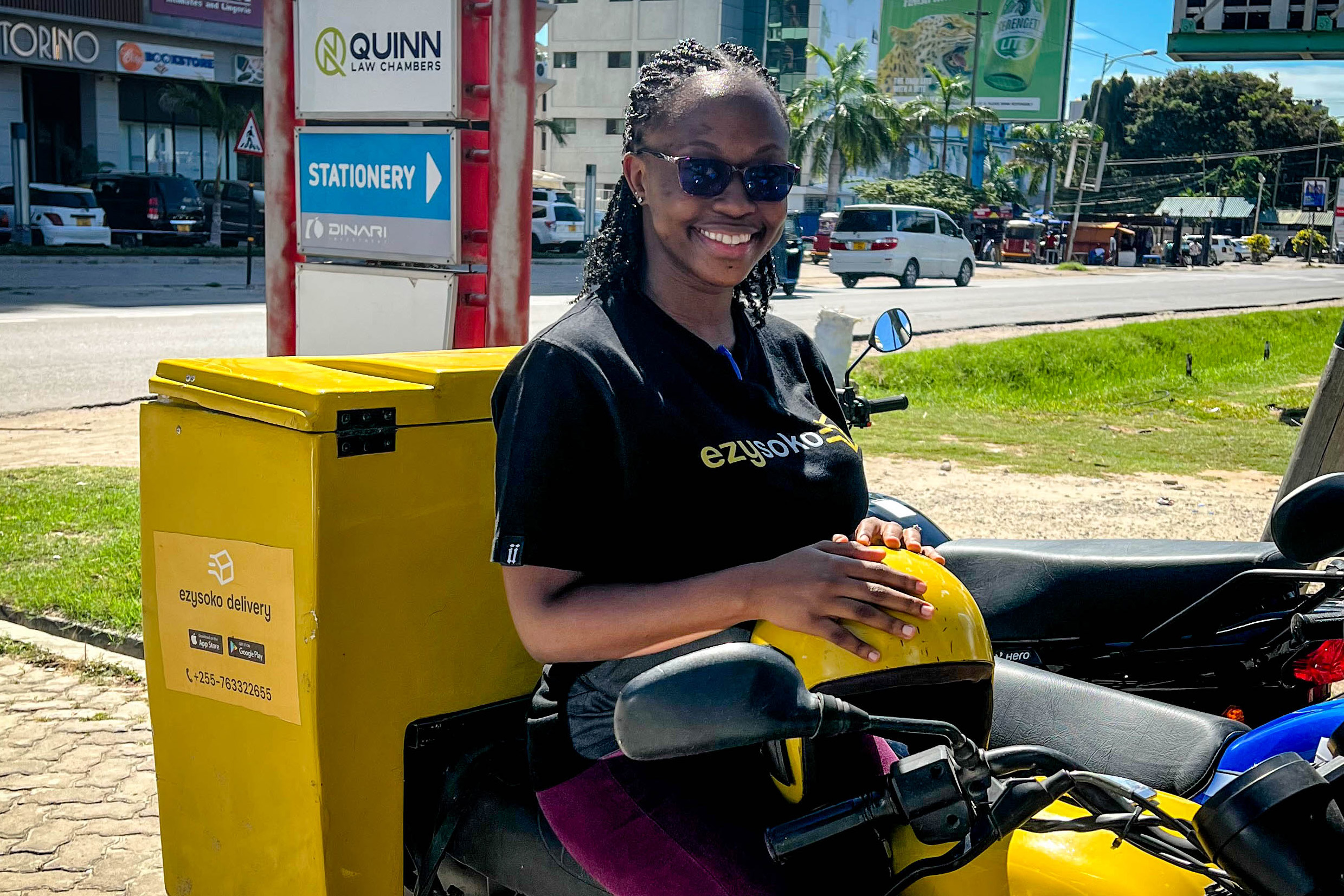
Since taking part in AKF’s training and receiving a business grant, Ezy Soko now has five motorbikes and delivers in three districts across Dar es Salaam. Revenue has increased by 30%, and as Gloria explains, her team’s ambition has been ignited, “We want to become the greatest logistics company in Tanzania.” More important for Gloria, however, is ensuring that her business benefits her community, “As the business grows, I want to make sure we provide jobs to women and youth, as well as people living with disabilities.”
“As the business grows, I want to make sure we provide jobs to women and youth, as well as people living with disabilities.”
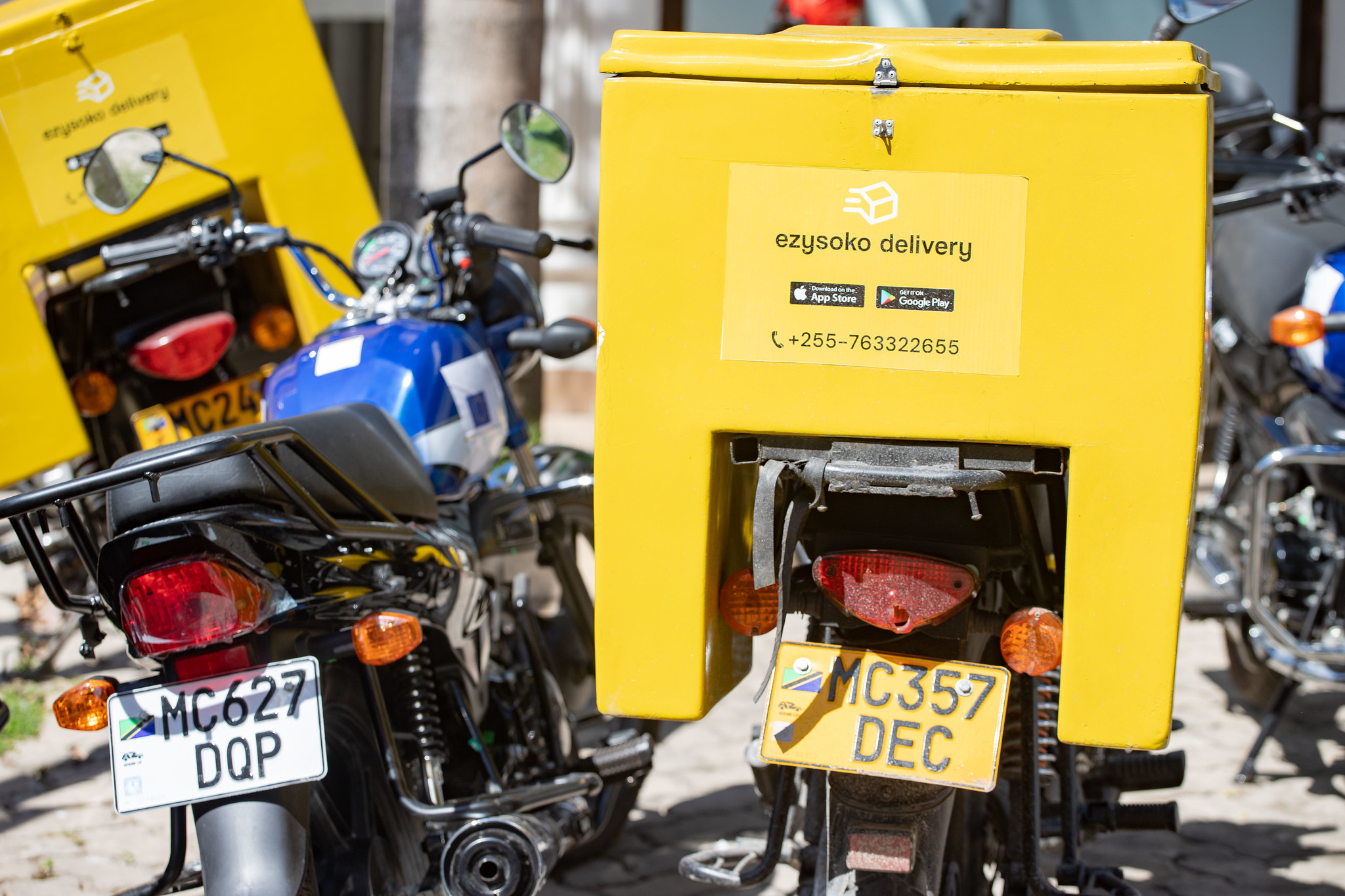
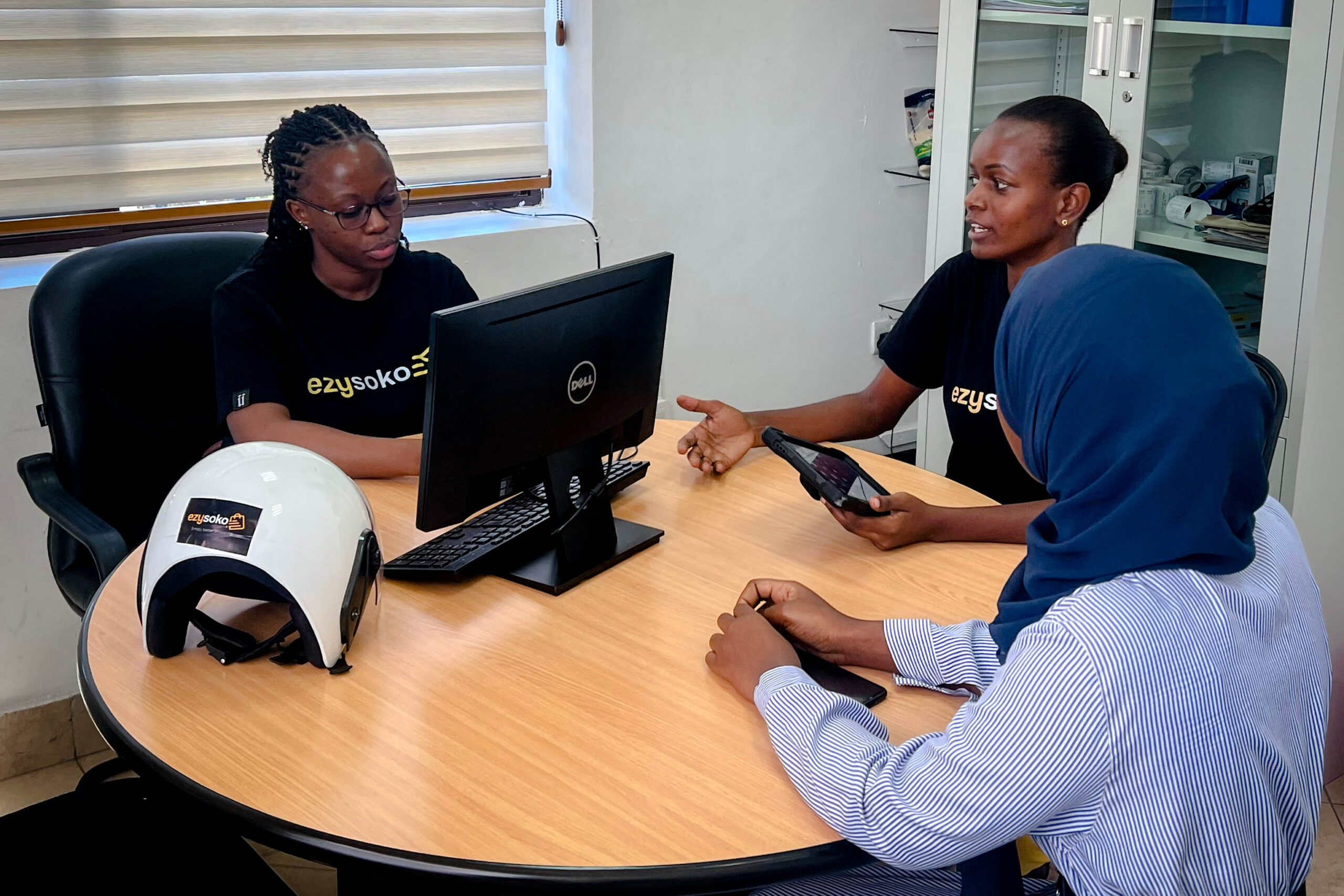
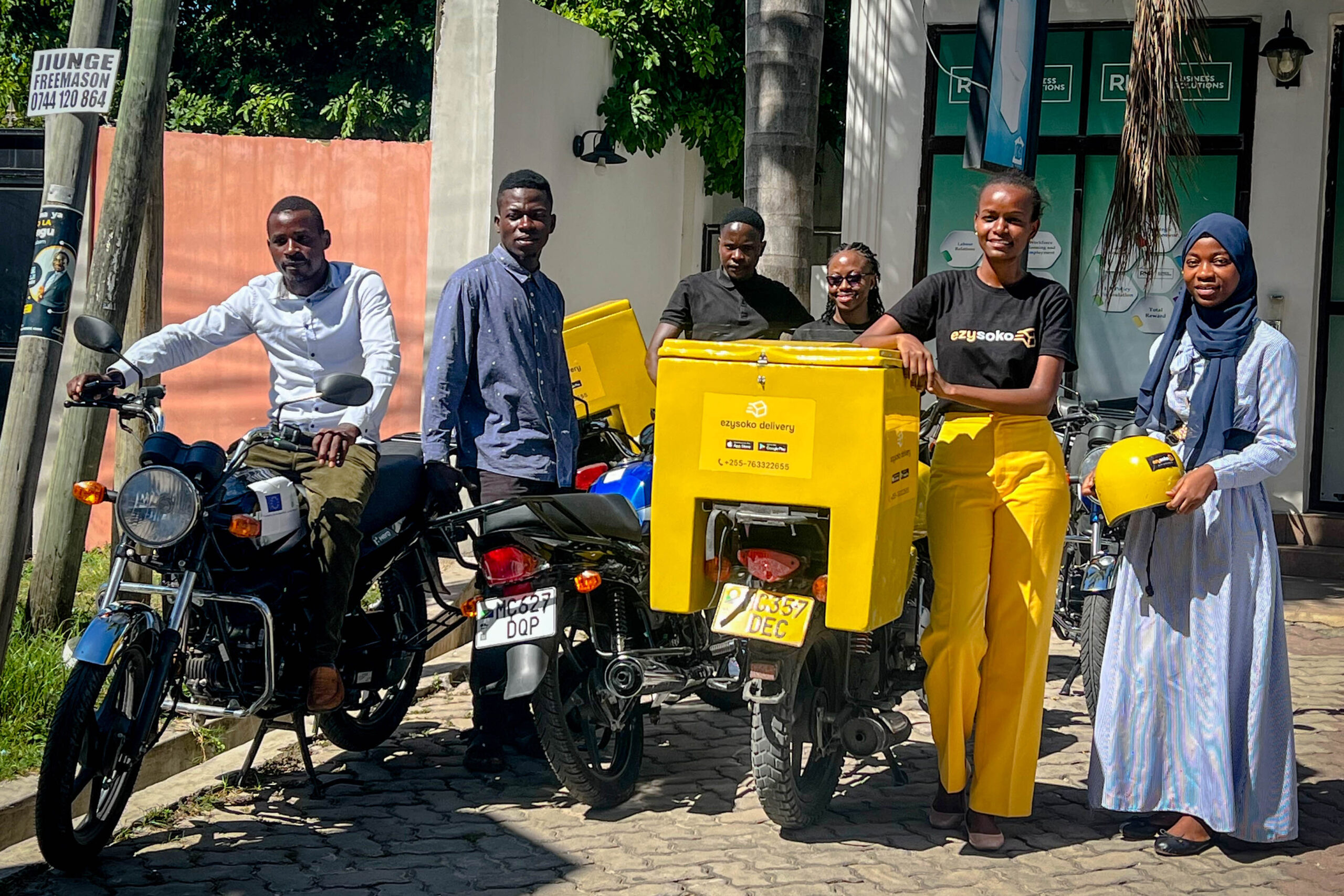
Across Tanzania, a youth-driven transformation is unfolding. Annta’s pioneering fish farm, Fatina’s cashew enterprise, and Gloria’s innovative Ezy Soko Ltd are testaments to the ambition of youth, their willingness to challenge norms, and their commitment to uplifting not only themselves but their communities too. As their businesses continue to grow, they are casting ripples of positive change and inspiring the next generation to take the lead in driving Tanzania’s development.
Learn about the impacts of the AKDN East Africa COVID-19 Response Programme
Meet Lucy, another young entrepreneur from Kenya
This is a project funded by the European Union and the Aga Khan Foundation and implemented by agencies of the Aga Khan Development Network. Views and opinions expressed are however those of the author(s) only and do not necessarily reflect those of the European Union. Neither the European Union nor the granting authority can be held responsible for them.

Related News & Stories

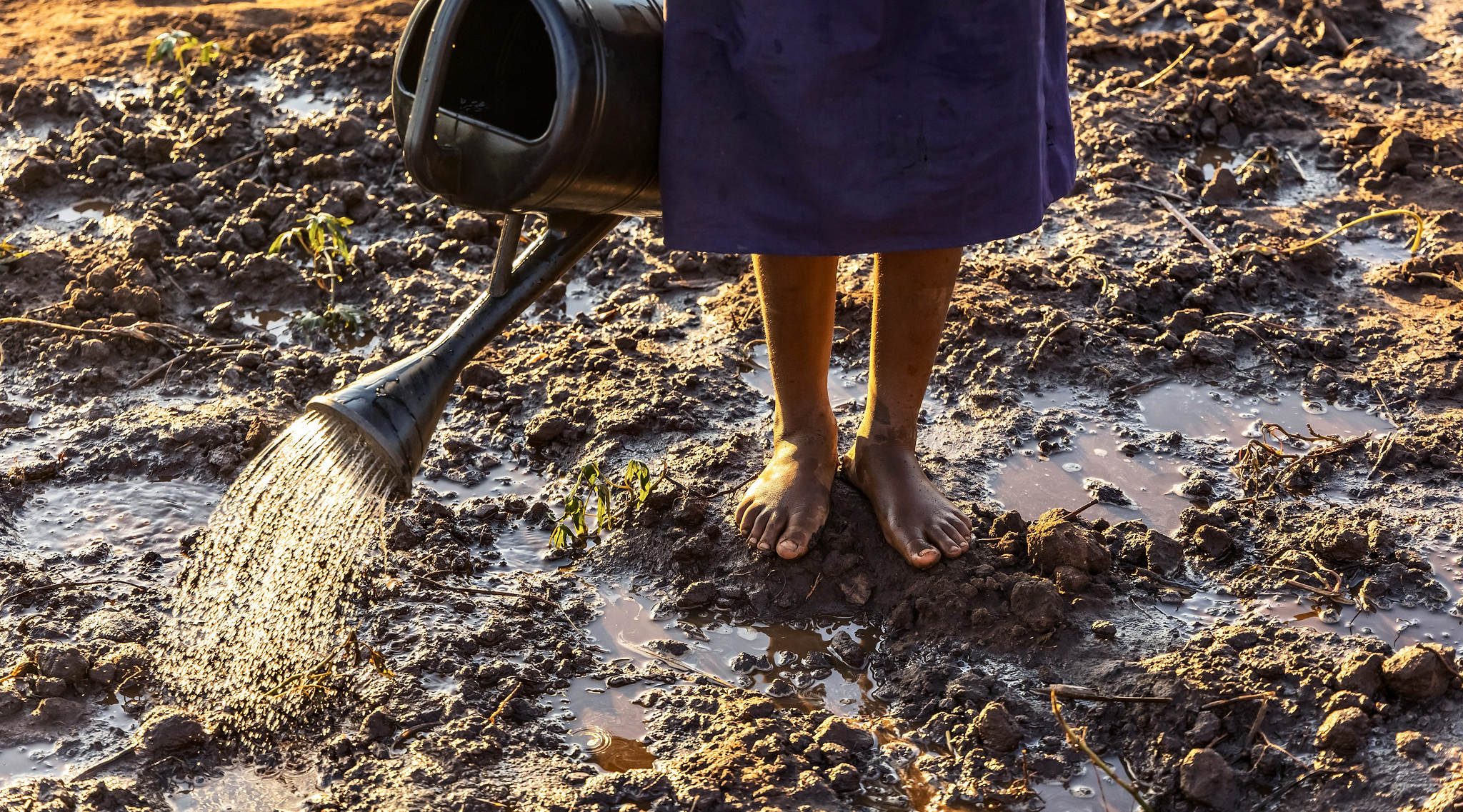
Photo essay: A tale of two school gardens in Tanzania
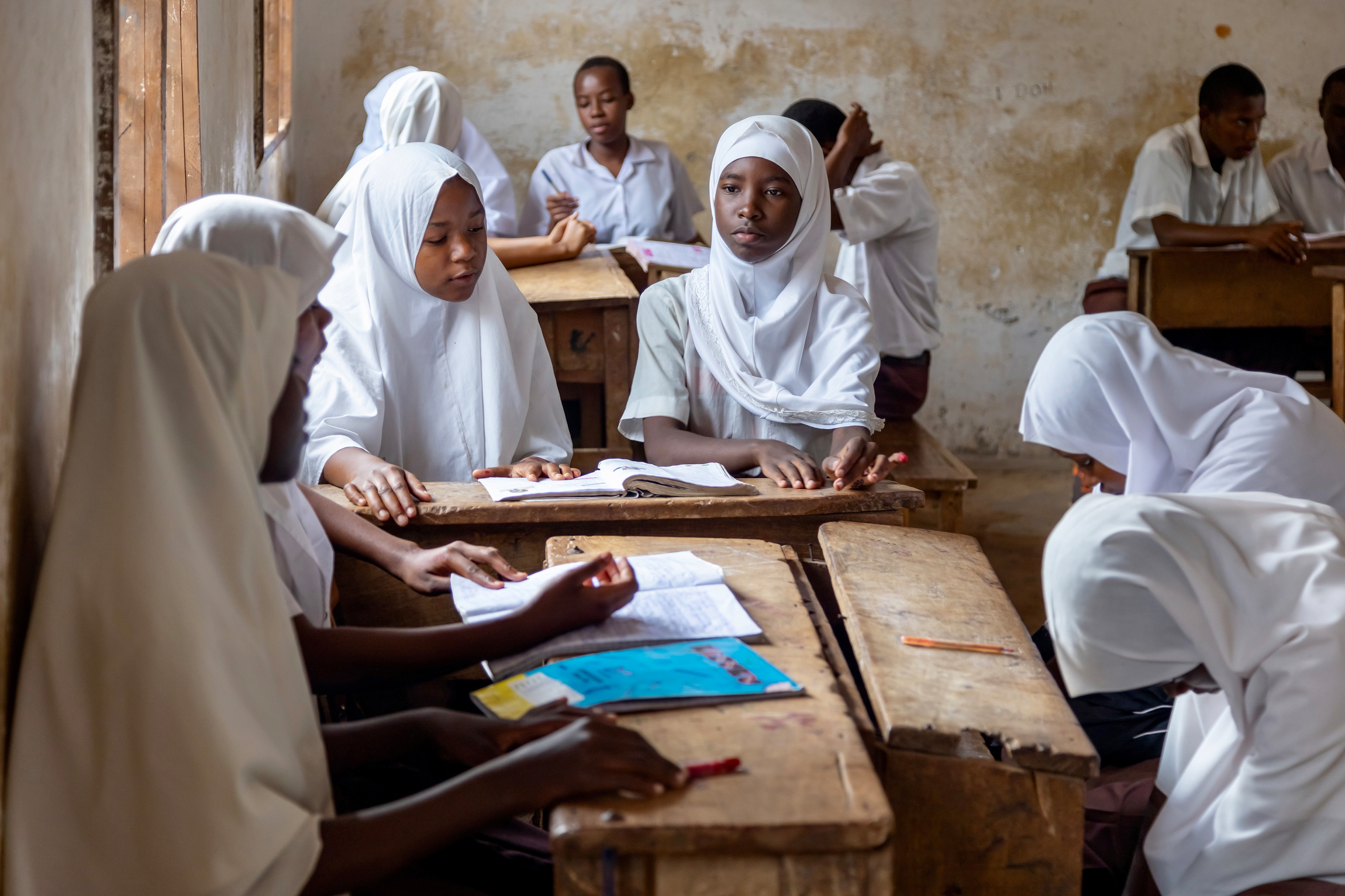
Teaching the watershed generation: How educators in Africa can shape the continent’s future
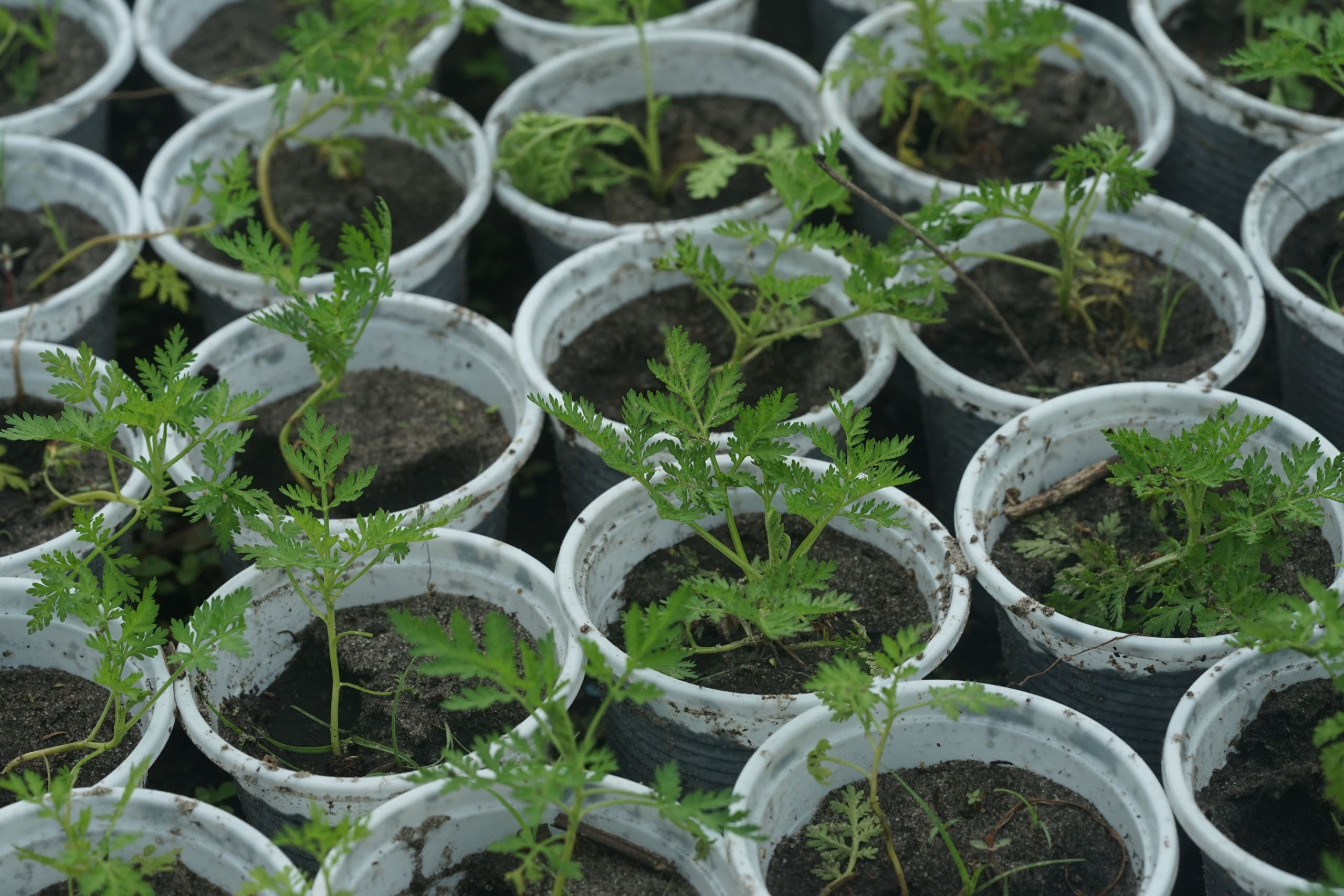
AKF and AKU to host the world’s first International Symposium on Artemisia

The Indian Ocean: How can coastal communities adapt to a rapidly changing environment?

Community Roots, Global Reach: Four climate resilience lessons from Tanzania
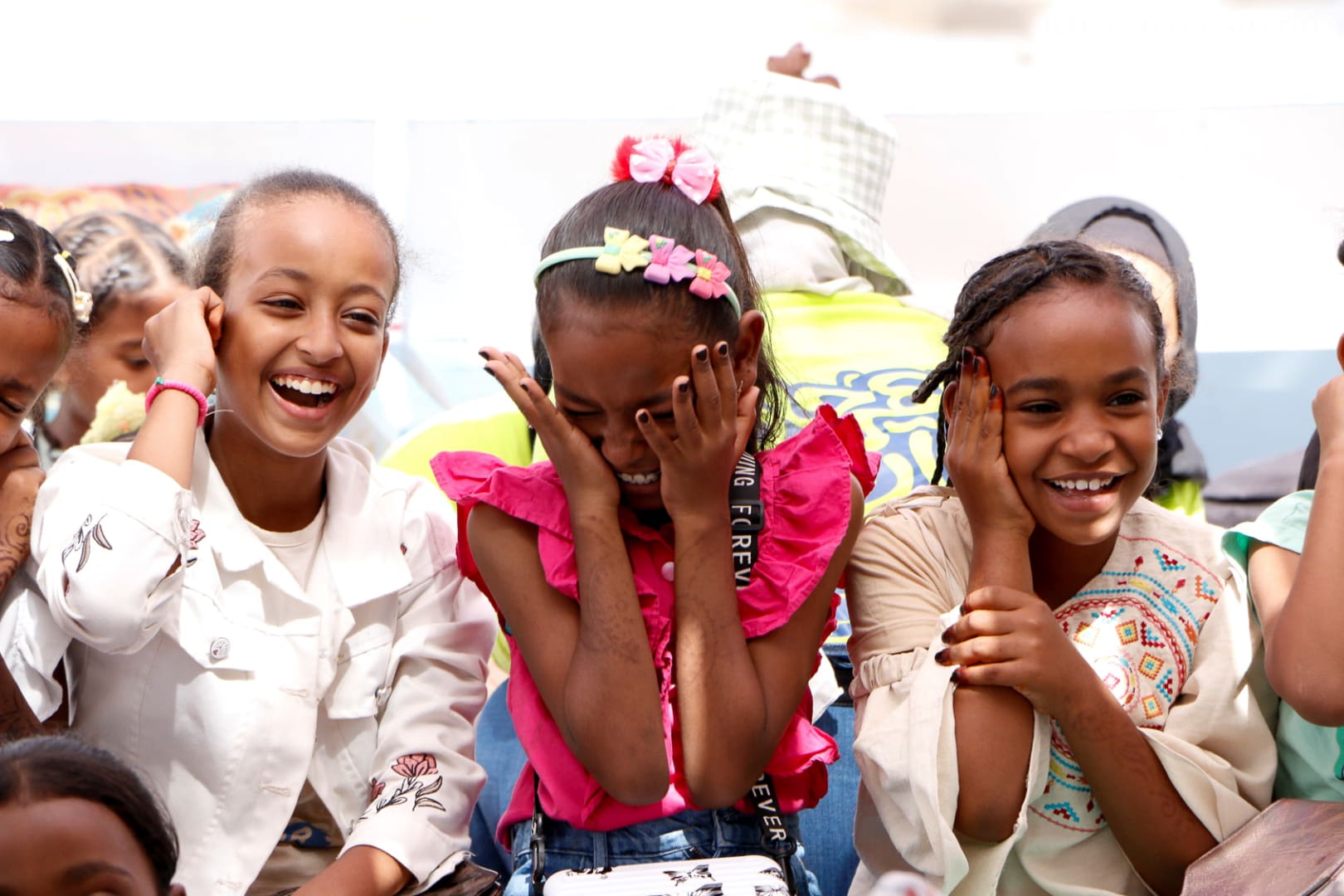
Support our work Your donations are helping us build a future where we all thrive together.